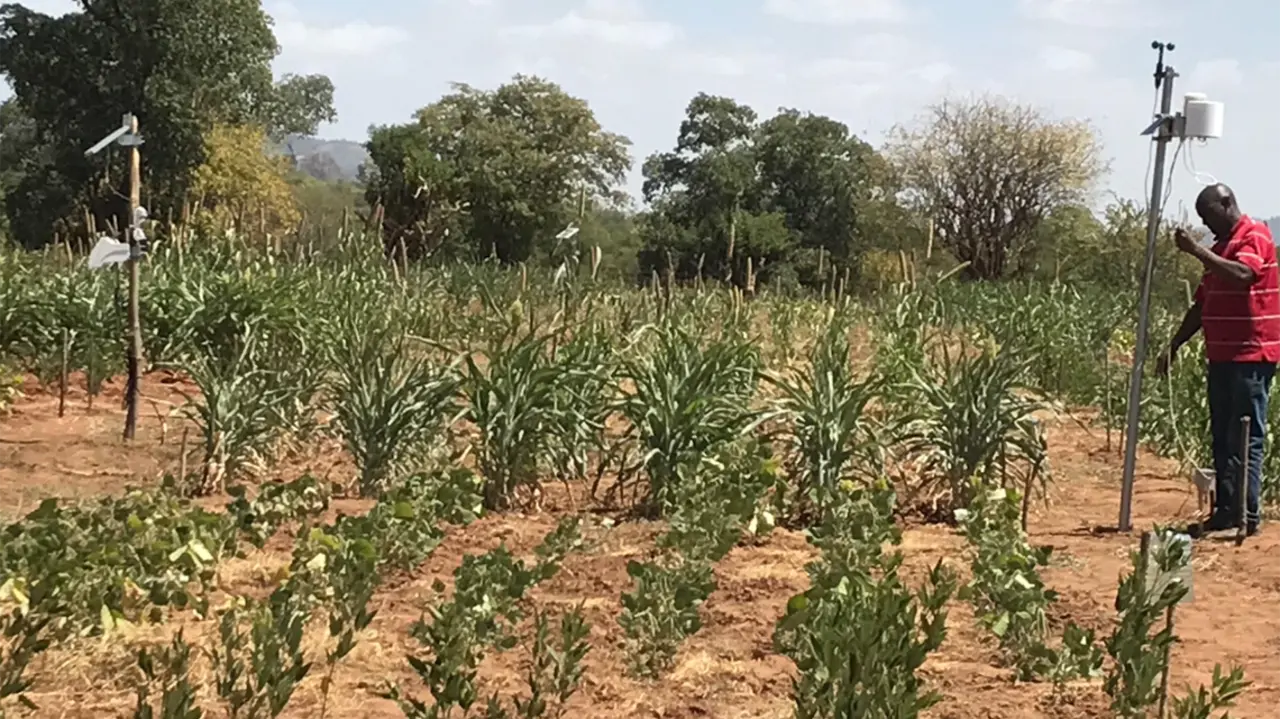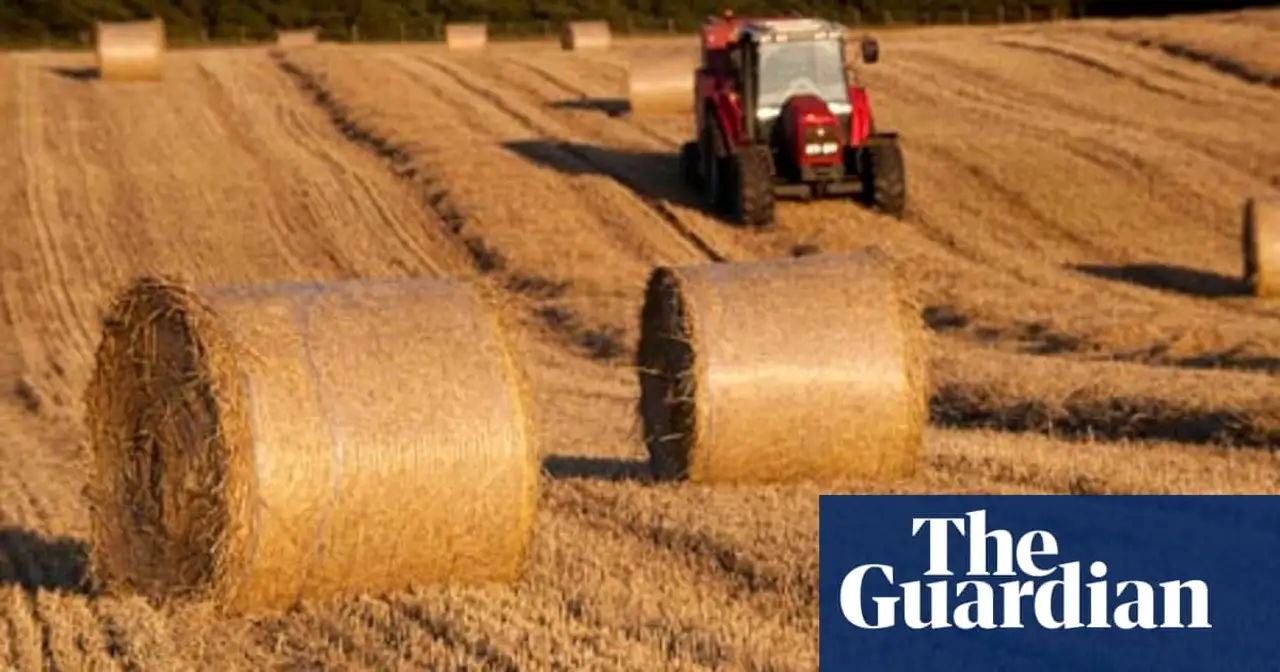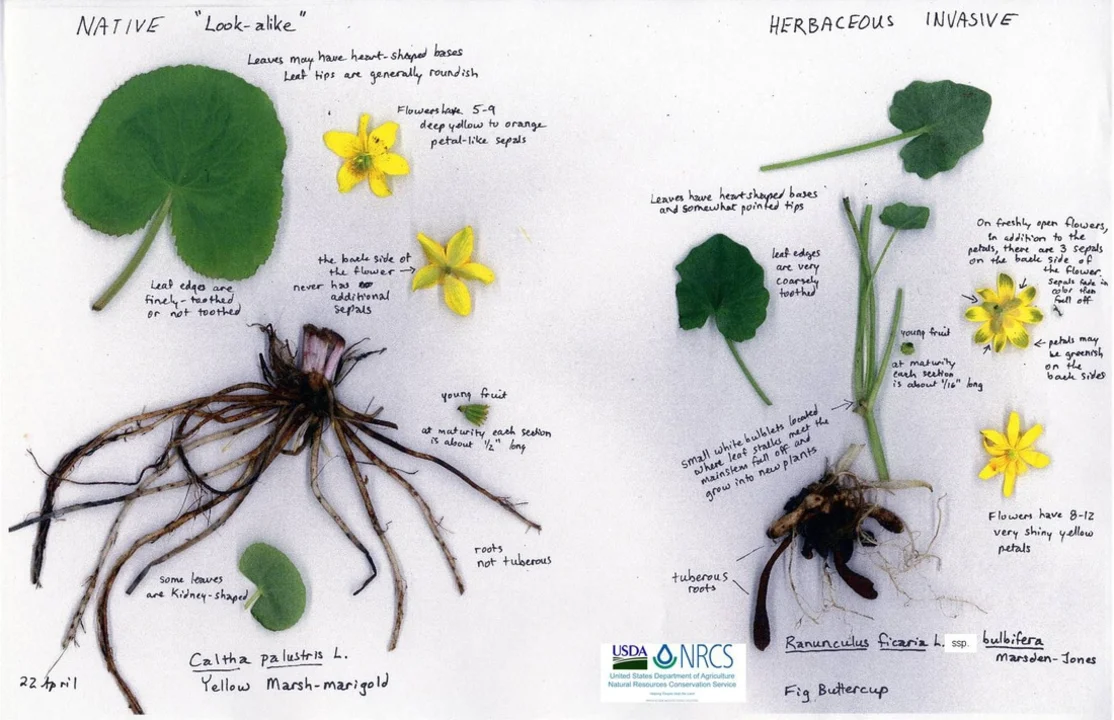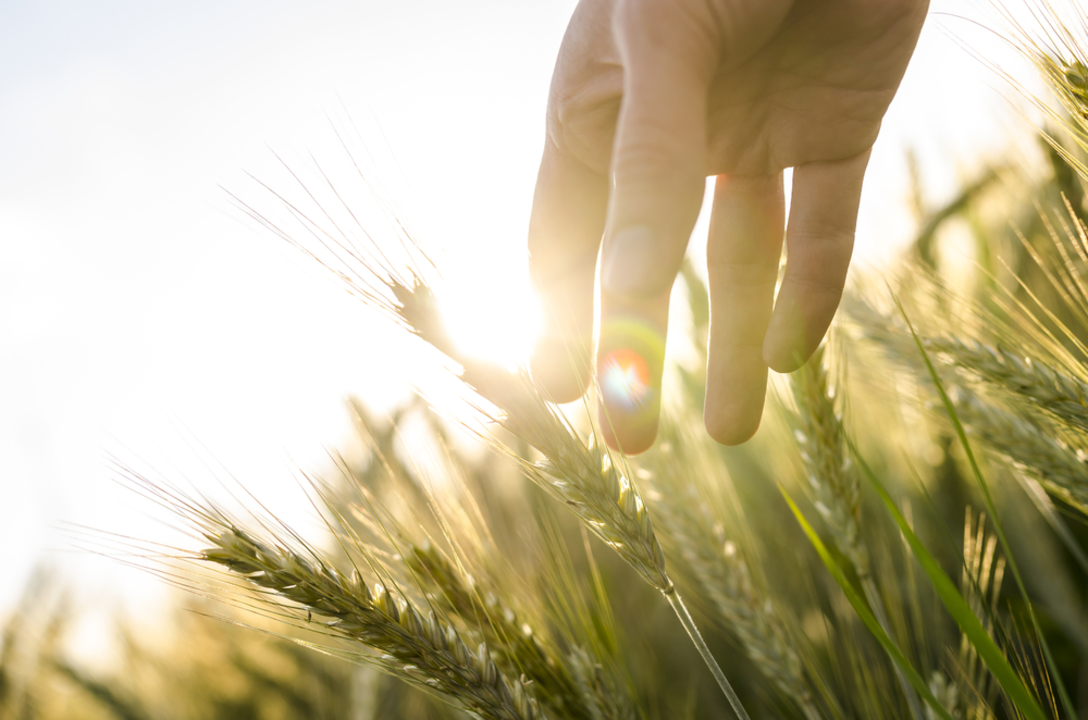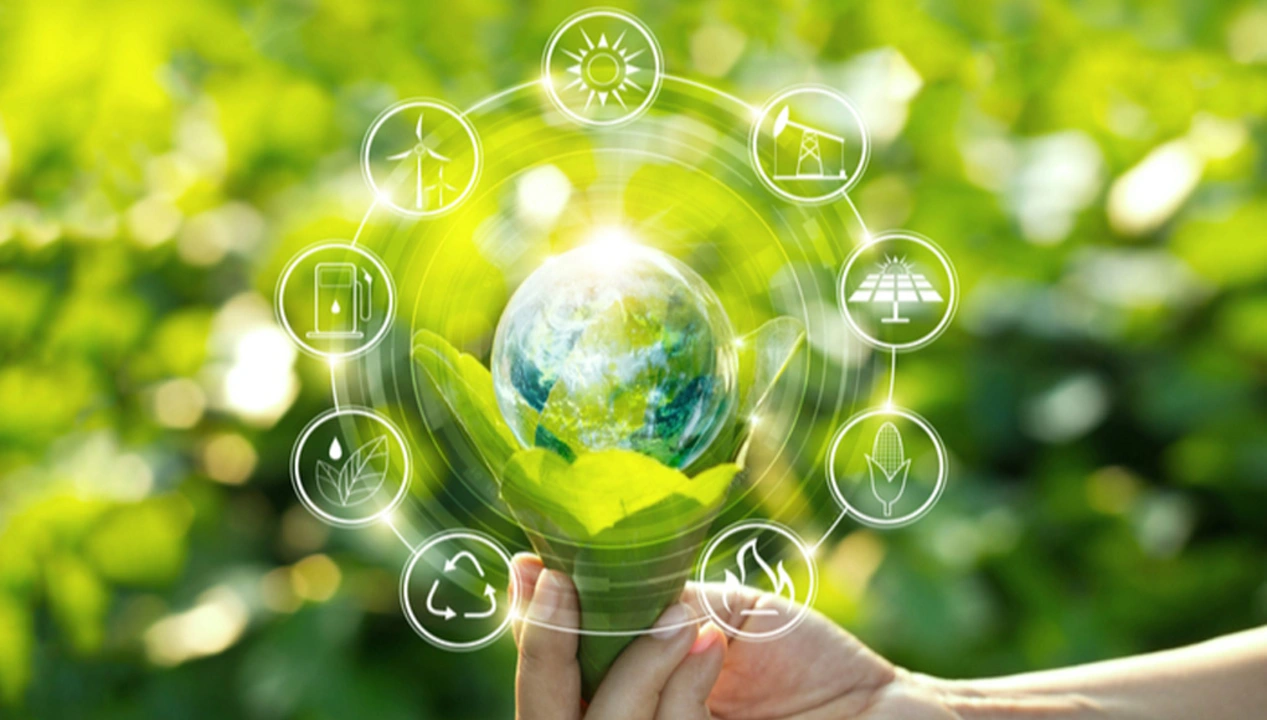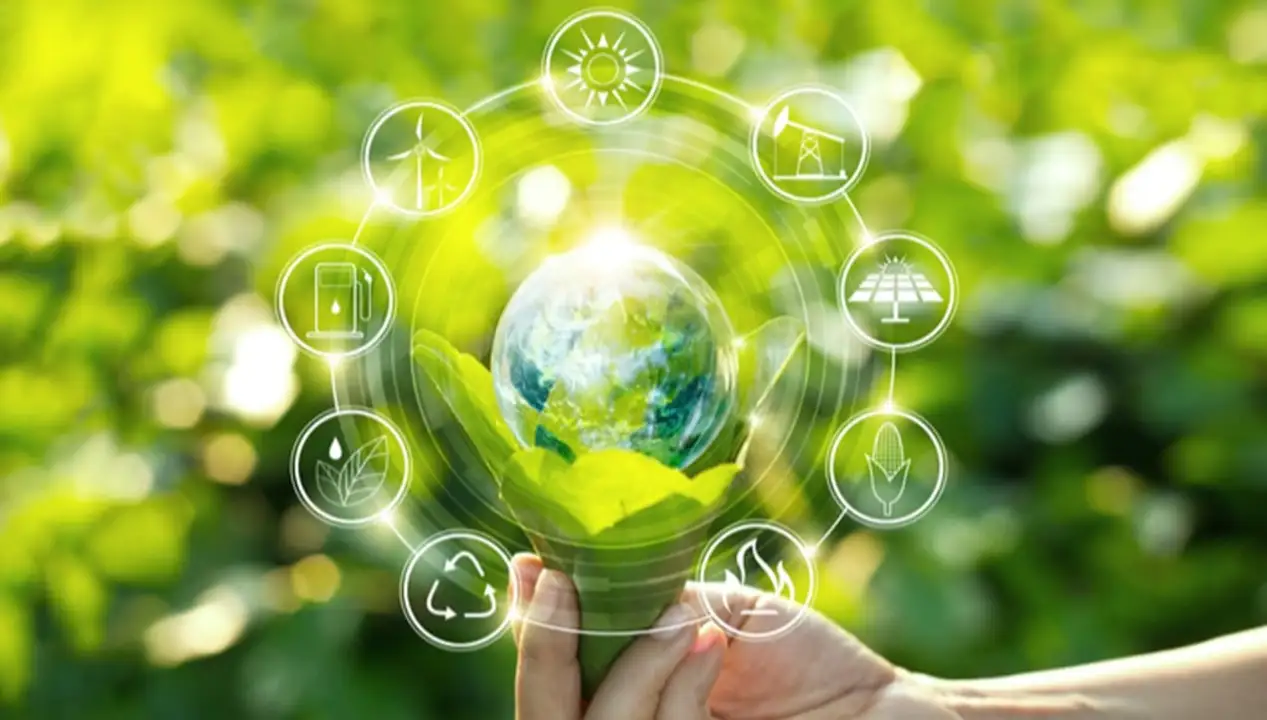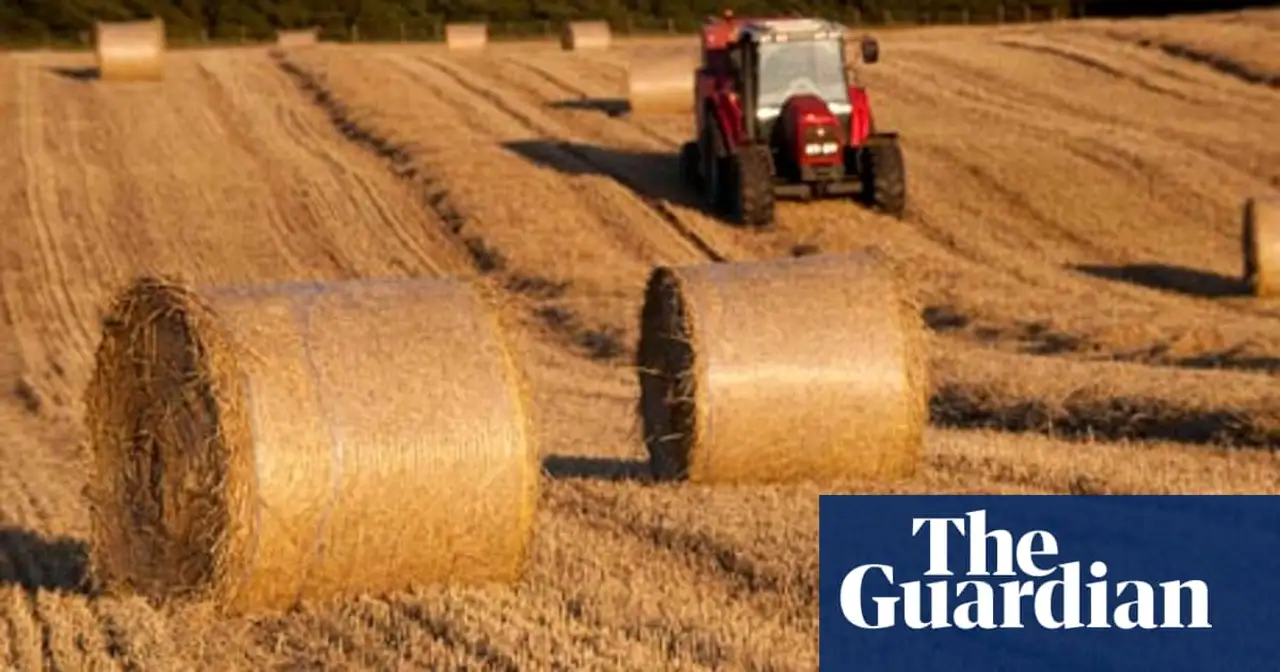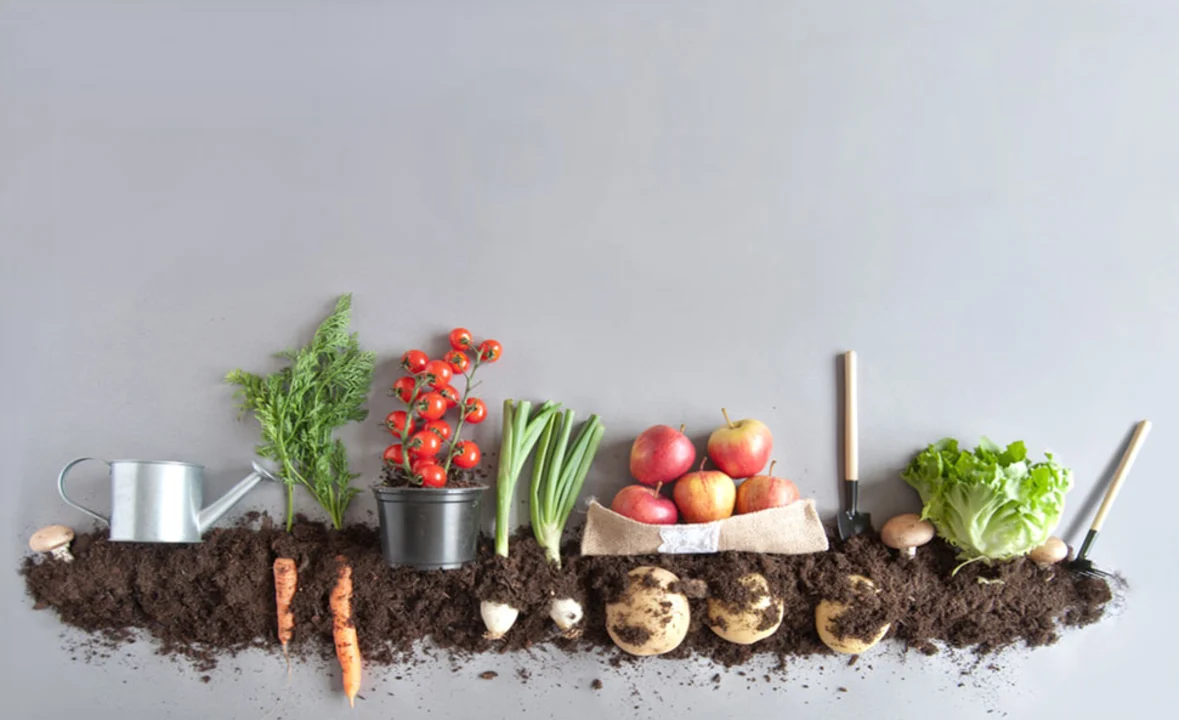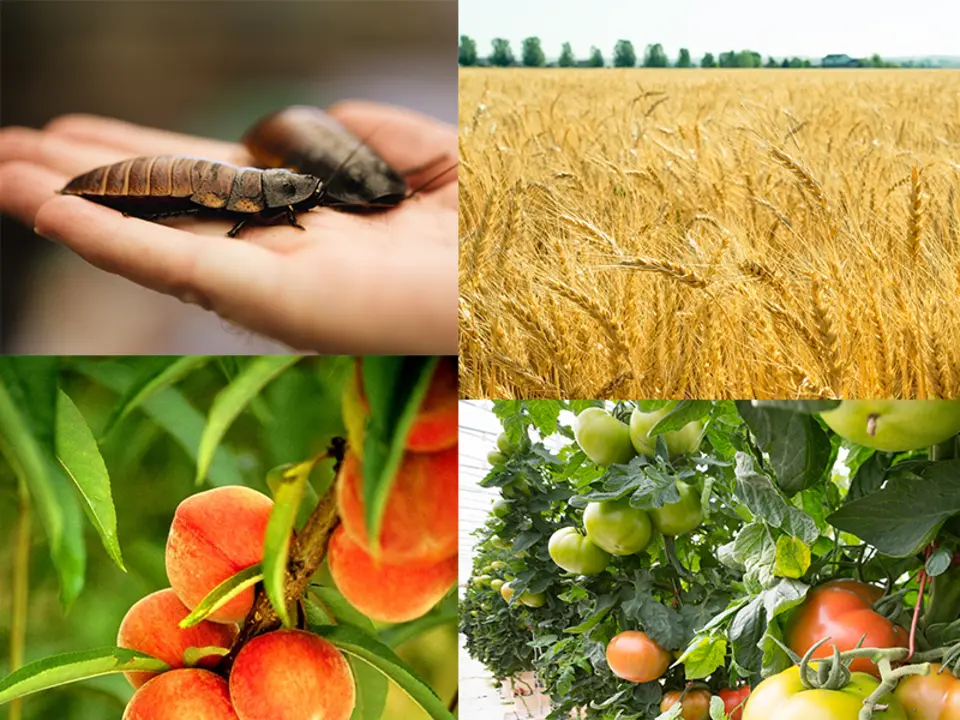What agricultural practice is most used in dry climates?
Dry climates often require specialized agricultural practices that make the most of limited water resources. One of the most widely used practices is dryland farming, which focuses on growing crops with minimal irrigation. This type of farming employs various strategies, such as crop rotation, soil conservation, and the use of drought-resistant crops, to maximize yields in dry climates. Other strategies, such as water harvesting, can also be used to make the most of scarce water resources. By employing the right agricultural practices, farmers in dry climates can still produce enough crops to support their communities.
- Mar, 30 2023
- 0 Comments
